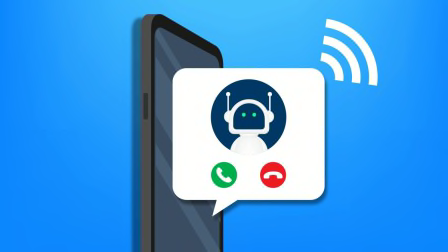FCC Moves to Block Car Warranty Robocalls
Regulators tell smaller phone companies to stop routing billions of warranty scam calls currently flooding U.S. phones

Many U.S. phone customers can get an alert when they receive an annoying robocall that their car warranty is about to expire–though the call still goes through. Now the Federal Communications Commission is moving to block the spam call altogether.
The agency announced that it has told eight small phone carriers that route the majority of these robocalls to stop sending them through. That means customers of the big carriers like Verizon and AT&T are less likely to get such robocalls.
Major phone carriers already have software that recognizes many legitimate phone numbers while weeding out or warning about suspicious numbers. While that has helped consumers to know which calls are spam, it hasn’t significantly reduced the number of such calls.
The FCC offered some tips to consumers when they do receive a robocall:
- Don’t share. Do not provide any personal information to anyone who calls you unexpectedly.
- Be aware. Telephone scammers are good at what they do and may use real information to gain your trust and imply that they work for a company you trust.
- Use Caller ID. Criminals might use “spoofing” to deliberately falsify the information transmitted.
- Double-check. If you think it might be a legitimate call, hang up and call the company with which you have an established business relationship using a phone number from a previous bill or on their website.
- File a complaint with the FCC.



